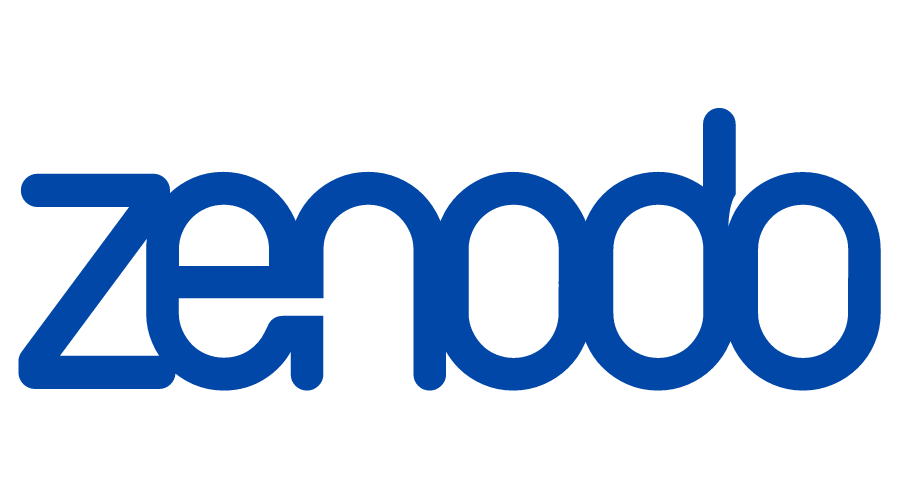Special Issues Guidelines
Guide for Guest Editors: Special Issues
A Collaborative Opportunity to Shape Your Research Field
What is a Special Issue?
A Special Issue (SI) is a themed collection of papers centered on a specific, timely, and impactful topic. Led by guest editors who are experts in their field, an SI provides a focused platform for cutting-edge research. All submissions undergo the same rigorous, double-blind peer-review process as regular papers. Once accepted, they are published within a regular journal issue and clearly marked as part of the special collection, ensuring they are grouped together for enhanced discoverability and citation.
Why Guest Edit a Special Issue?
Leading a special issue is a rewarding experience that offers significant professional and academic benefits.
For Guest Editors
- Elevate Your Academic Standing: Serving as a guest editor for a reputable journal is a prestigious recognition of your expertise and a valuable addition to your academic CV.
- Expand Your Network: This role allows you to connect with and collaborate with leading researchers in your field, fostering new professional relationships.
- Directly Influence Your Field: By curating a special issue, you have the power to define emerging trends and highlight critical topics, guiding the direction of future research.
- Gain Professional Skills: You will acquire valuable, hands-on experience in the academic publishing process, including content curation and peer-review management.
For Authors
- Boost Visibility and Citations: Papers in a special issue benefit from a focused audience and dedicated promotion, often leading to higher visibility and a greater number of citations.
- Reach a Targeted Audience: Your research will be seen by a highly relevant and engaged community of scholars who are actively interested in your specific topic.
- Benefit from Focused Promotion: We actively promote special issues through our social media, email lists, and other channels, providing additional exposure for all contributing papers.
Submitting Your Proposal
We invite distinguished scholars to submit special issue proposals. The journal’s editorial team will carefully review all proposals to ensure they are relevant, timely, and aligned with our journal’s scope. Your proposal should provide a clear and compelling case for the special issue's importance.
Your Proposal Should Include:
- Tentative Title: A concise and captivating title for your special issue.
- Focus and Scope: A brief abstract (150-200 words) outlining the core motivation, key topics, and why this theme is significant now.
- Keywords: 3-10 keywords that capture the specific research focus.
- Guest Editor(s) Details: The full names, affiliations, and email addresses of all proposed guest editors.
- Proposed Timeline: An estimated timeline for the submission and review process, typically between 6-12 months.
Guest Editor Responsibilities and Ethical Guidelines
As a guest editor, you are the steward of the special issue's academic integrity. We expect you to uphold the highest ethical standards throughout the process.
Your Key Responsibilities:
- Content Oversight: Ensure all submissions are relevant to the special issue's scope and the journal's mission.
- Peer-Review Management: Oversee the entire peer-review process, from inviting expert reviewers to making final publication decisions based on their feedback.
- Promotion: Actively promote the call for papers to attract high-quality submissions from around the world.
Ethical Note: Any potential conflicts of interest, such as editing your own paper or a paper from a close collaborator, must be declared to the editorial office in advance.
Promoting Your Special Issue
Effective promotion is vital for the success of your special issue. We encourage you to use the following strategies to attract a broad and high-quality pool of submissions:
- Email Signatures: Include a short announcement with a link to the special issue in your email signature.
- Social Media: Share the special issue on academic platforms like Twitter and LinkedIn. Our marketing team can provide you with promotional materials.
- Conference Presentations: Announce the call for papers during presentations or networking sessions at relevant academic conferences.
- ResearchGate: Post an announcement about the special issue on your ResearchGate profile to inform colleagues.
Ready to shape the future of research?
We look forward to partnering with you to create a high-impact special issue that will leave a lasting mark on your field.
Submit Your Proposal Now














